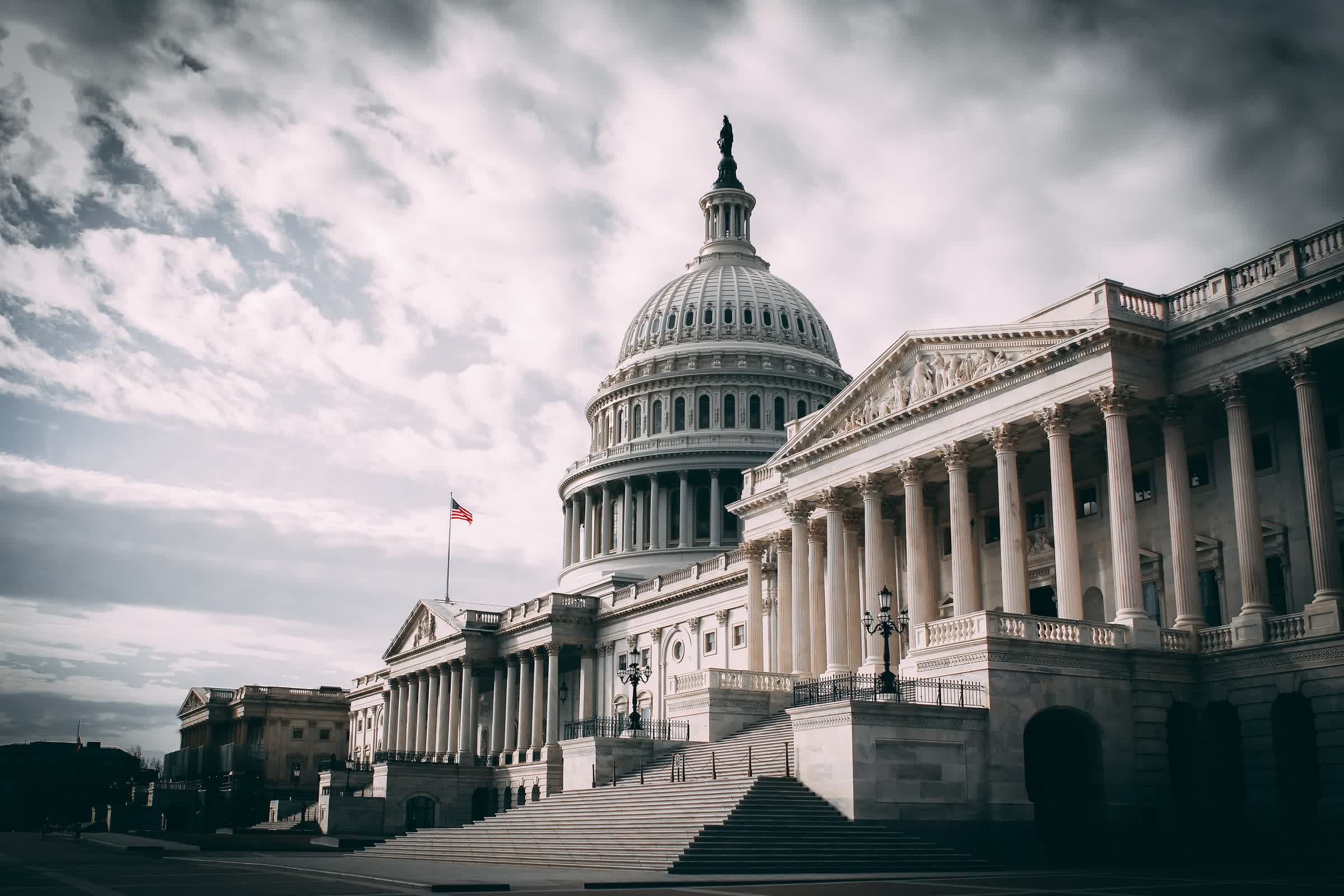In brief: Microsoft co-founder and former CEO Bill Gates dealt with antitrust scrutiny in the 1990s when the Department of Justice sued the Redmond company and accused it of violating the Sherman Antitrust Act. He believes today's tech executives have learned from his mistakes and are going to engage with regulators on the issues, which in theory should lead to a better outcome.

Back in July, the House Judiciary antitrust subcommittee held a landmark hearing where regulators asked the CEOs of Google, Amazon, Facebook, and Apple a slew of hard questions about their business practices and, more specifically, how their behavior led to monopolistic power that Big Tech has been wielding against their smaller competitors for years.
Then this month, after over a year of analyzing 1.3+ million documents, interviews, and the answers from the hearing, lawmakers concluded that these tech companies had indeed accumulated too much power. They noted that while all of them had some positive impact on society, that came with too great a cost to the markets they're operating in. And while Democratic and Republican members of the antitrust subcommittee don't entirely agree on how to deal with it, they do suggest that a Big Tech will face a full "menu of potential changes" to current antitrust law.
This week during a CNBC interview, Microsoft co-founder and former CEO Bill Gates weighed in on the matter, noting that he had been naive about the level of scrutiny that comes with your company getting too large and successful. Back in the 90s, the Redmond giant faced a similar set of challenges, and was dragged into a long legal battle with the Department of Justice for bundling Internet Explorer with Windows.

Gates says there's a high chance that regulators will craft new rules on how big tech companies can operate, but also believes their approach should take into account that Google, Apple, Facebook, and Amazon operate in various markets, each with their own set of specific issues.
However, Gates also said that CEOs of these companies have learnt from the past and are taking a different approach to dealing with regulators than he did at Microsoft. He noted the biggest mistake he made was not developing relationships in Washington and engaging with regulators, and explained that executives like Amazon CEO Jeff Bezos "have lots of people. Jeff even has a nice house in Washington, DC. They may even be making some other mistakes. But everybody saw what I did and knows better now."
Steve Ballmer, Gates successor after he stepped down in 1998, agrees wholeheartedly with that assessment.
He noted that "if I’m in these guys’ shoes, I say, come on, let’s get down there and let’s regulate me and let’s get it over with so I know what I can do." As for the regulators' idea that big tech companies should be broken up, he said he was willing to "bet money" that it won't happen, even if attempts could be made in the coming years.
https://www.techspot.com/news/87154-bill-gates-today-tech-ceos-better-prepared-handle.html